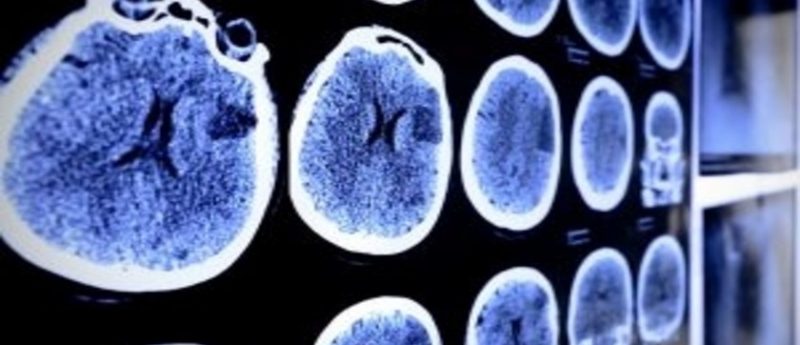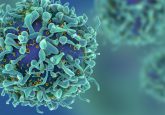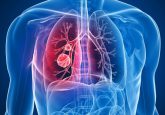Epigenetics highlighted in glioblastoma therapeutic resistance

Further insight has been provided into why certain glioblastomas are resistant to drug therapy. The key, elucidated by researchers at the University of California, San Diego School of Medicine (CA, USA), lies in the epigenetic signature of tumors, rather than its DNA sequence.
“There is a growing interest to guide cancer therapy by sequencing the DNA of the cancer cell,” explained Clark Chen of UC San Diego Division of Neurosurgery, the principal investigator of the study. “Our study demonstrates that the sensitivity of glioblastoma to a drug is influenced not only by the content of its DNA sequences, but also by how the DNA sequences are organized and interpreted by the cell.”
A method known as comparative gene signature analysis was utilized, which allowed the team to study the genetic profiles of tumor specimens collected from approximately 900 glioblastoma patients. Investigators were able to discriminate whether cellular processes are ‘turned on’ or ‘turned off’ in glioblastomas.
“Our study showed that not all glioblastomas are the same. We were able to classify glioblastomas based on the type of cellular processes that the cancer cells used to drive tumor growth,” commented Jie Li, senior postdoctoral researcher at UC San Diego and co-first author of the paper.
The EGFR was demonstrated to be involved in one of these processes and the signaling of this factor was found to be suppressed in a subset of glioblastomas. Rather than being the result of altered DNA sequences or mutations, this suppression was found to be caused by the way the DNA encoding the EGFR gene is organized in the cancer cell. This is known as epigenetic regulation. Glioblastomas in which EGFR is turned off become insensitive to drugs designed to inhibit EGFR signaling.
“Our research suggests that the selection of appropriate therapies for our brain tumor patients will require a meaningful synthesis of genetic and epigenetic information derived from the cancer cell,” commented co-first author Zachary J Taich, also of UC San Diego.
Source: University of California, San Diego Health Sciences press release




